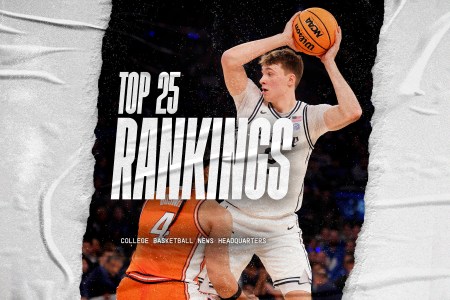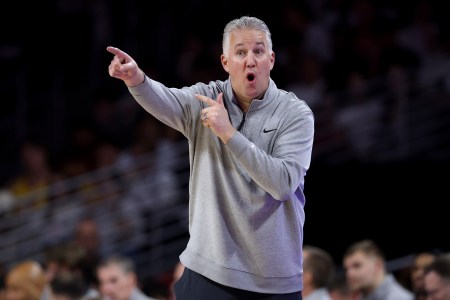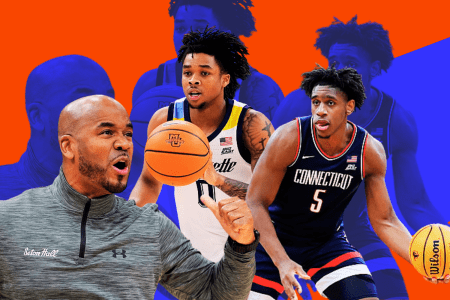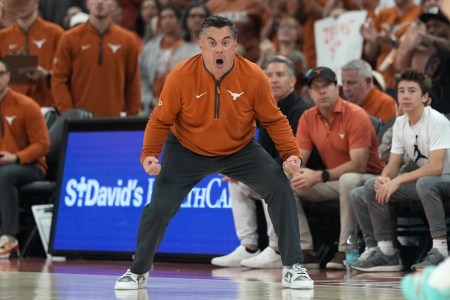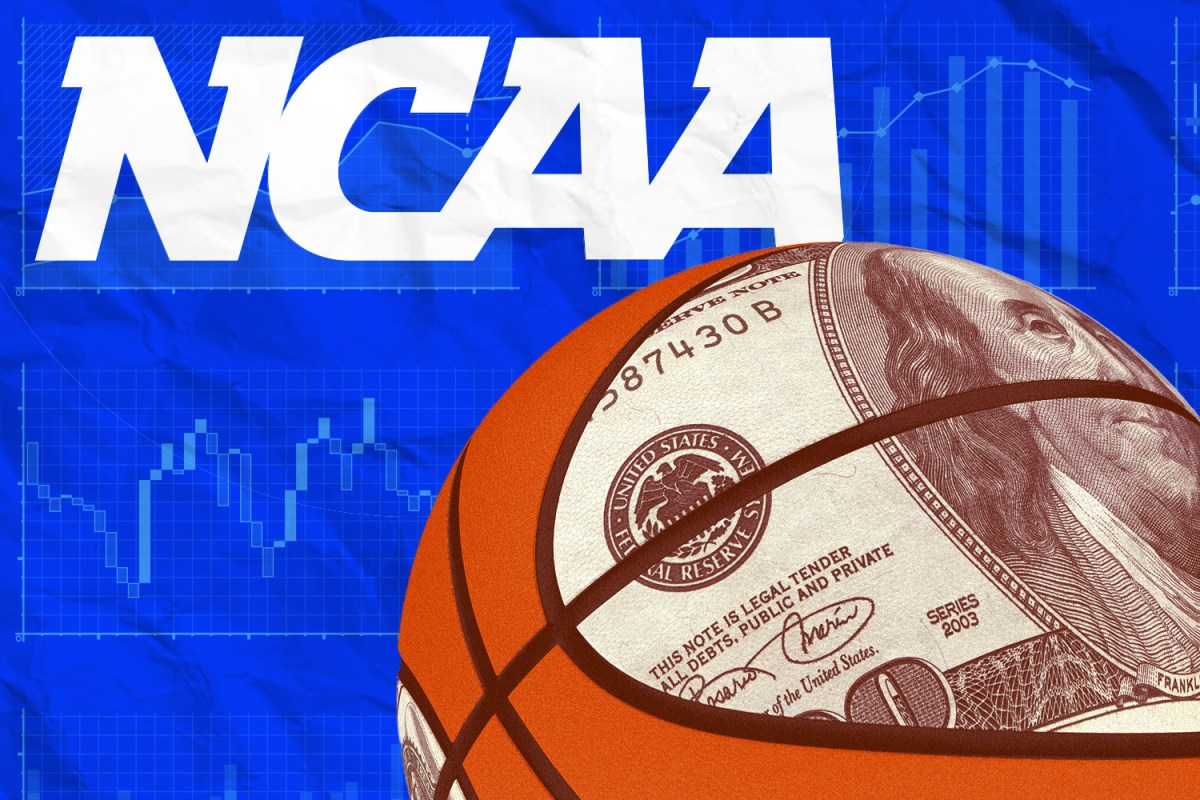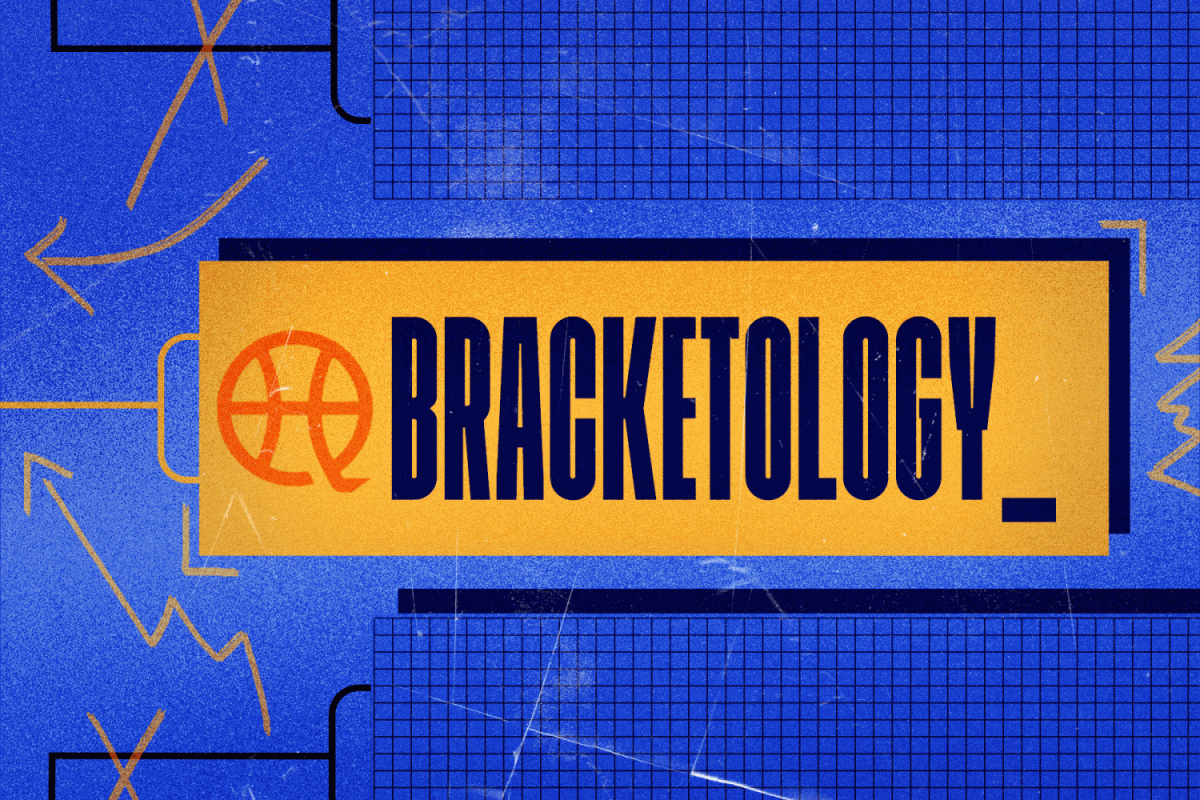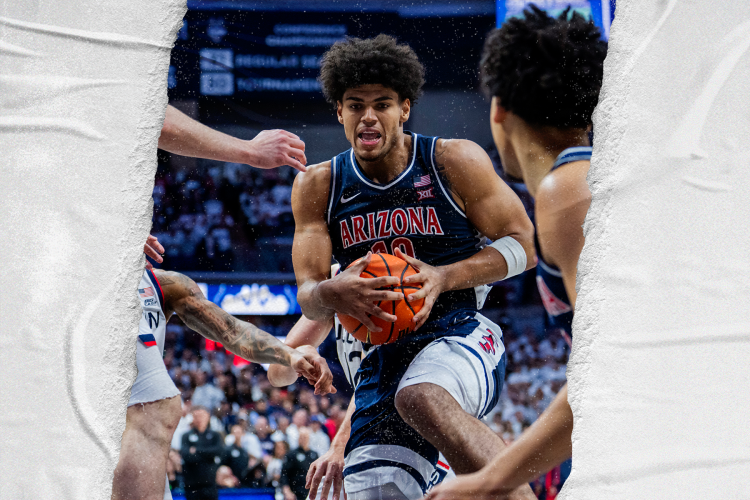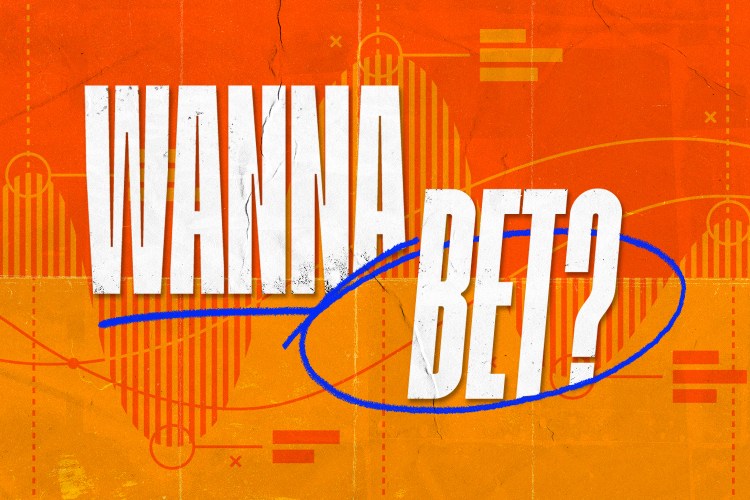It was the spring of 2022 and Shaka Smart had a decision to make. When he arrived at Marquette the year before, he inherited a roster with just three players. Smart didn’t like to rely too heavily on transfers, but he was in dire need of a quick rebuild, so he signed four players out of the portal. Now, after a 19-13 season (11-8 Big East) that ended in the first round of the NCAA Tournament, Smart was about to lose four of his top six scorers. Should he again refurbish his roster with older transfers as most coaches would? Or should he double down on the young players he already had?
Smart stuck with his guys. That decision may look smart in retrospect given that over the next two years that group led the Golden Eagles to first- and second-place finishes in the Big East and won three NCAA Tournament games. Two of those players, Tyler Kolek and Oso Ighodaro, are currently NBA rookies. At the time, however, Smart’s move was a considerable gamble. It also established – or rather, retrenched – a philosophy that is getting more anachronistic by the day. While the rest of the college basketball has become hyper portalized, Smart is still kicking it old school.
To wit, Marquette is the only power conference program that has not brought in a Division I transfer in any of the past three seasons. In 2024, Marquette was one of two power conference programs not to accept a transfer. (Purdue was the other.) It’s an anomalous way to do business these days, but it manifests its own momentum. The way Smart sees it, if he isn’t bringing in transfers, his current players have less incentive to leave. That, in turn, means Smart doesn’t have to bring in transfers to replace them.
Smart’s emphasis on continuity has vaulted Marquette into the game’s elite. The Golden Eagles are one of seven teams that have finished in KenPom’s top 13 the last two seasons. They entered the week No. 23 in those rankings, but that should climb higher in the wake of Tuesday’s decisive 76-58 win over Purdue in Fiserv Forum. Three of Marquette’s starters are among the freshmen that Smart re-invested in two years ago – guards Kam Jones, Stevie Mitchell and David Joplin. They combined for 47 points, 11 assists (10 from Jones as part of a triple double) and 7 steals in the win. “I’ve always felt retention is the number one key to everything,” Smart tells Hoops HQ. “Any coach will tell you that we’re all better coaches if we get to coach guys for multiple years. Coaches that have continuity tend to have more success. And it’s more enjoyable.”
“Coaches that have continuity tend to have more success. And it’s more enjoyable.”
-Shaka Smart
How has Smart bypassed the portal yet still kept winning? By turning Marquette into the ultimate culture club. Smart spends an inordinate amount of time and energy creating systems, devising practices and forging bonds, not just between players and coaches but between players and players. “We spend more time on it than we ever have,” Smart says. “If most people came in here, they would think it was over the top, but it’s been a decision on our part that we’re going to be highly intentional with anything and everything that goes into culture and relationships.”
That process is a relentless year-round endeavor. It starts in recruiting, where Smart and his assistants seek out players who have what he calls “a high appreciation to entitlement ratio.” Every summer, Smart takes the team on a trip to Chicago. Each October, they go on a retreat. “Those retreats are a chance for us to be vulnerable and open up about things you care about,” says Ighodaro, the late-blooming 6-foot-11 forward who played four years for Marquette and is now with the Phoenix Suns. “When someone shares their childhood traumas, it makes you want to run through a wall for them.”
Before the start of each season, Smart invites the players to decide amongst themselves what everyone’s role should be. It’s an effective way of giving them ownership and ironing out potential conflict. “There’s not a lot of arguing about it,” Ighodaro says. “If you really disagree with every single person in that room about your role, you’re probably in the wrong.”
Each week during the season, the Golden Eagles do a team activity off the court. Sometimes it’s as simple as a players-only dinner. Often times when they go to a restaurant, Smart will walk around with a server’s tray and collect everybody’s phones. The freshmen tend to look at him sideways the first couple of times, but when he holds exit interviews at the end of the season, players often say the phoneless dinners were their favorite activity.
Smart gives journals to each player with their intials on the cover and supplies them with prompts to inspire their writing. He also invented a statistic called EGBs. That stands for Energy Giving Behaviors – clapping hands, high fives, chest bumps, slapping the floor. Smart has his managers chart EGBs during practices and games and issues daily updates. He also shares the totals with fans in the arena at home games, after which one player is named EGB Champion.
SETH'S LATEST RANKINGS
Men’s College Basketball Top 25 Rankings
Seth Davis’ rankings for Week 18. Duke takes over the top spot.
Over the top? Probably. But the message gets through: If you stick with us, we’ll stick with you. “Coach Smart really loves to build his guys up to see them grow and develop into men,” Kolek says. “It’s something that’s talked about a lot in our program. It’s not, oh, we gotta get this guy to fill a spot. It’s, you guys are going to be ready when these guys leave. That affirmation really helps guys and eases their mind.”
Smart is careful to emphasize that he is not passing judgement on coaches who use the portal. Almost all of them do, after all. He also cautions there is a tradeoff. Marquette may be No. 14 on KenPom in Minutes Continuity, which measures retention, but it is 121st in experience. That could get exposed in the coming weeks as the Golden Eagles play at Iowa State, host Wisconsin and then travel to Dayton before starting their Big East season on Dec. 18. “I promise you there will be some games we come up short because we went up against a team with a bunch of grad transfers who got the better of our freshman and sophomores,” Smart says.
This philosophy has worked well the last two years, but is it sustainable? Smart hopes it is, but he also concedes that change is coming fast to college basketball and the future is more unpredictable than ever. “I don’t even know what sustainable is anymore,” he says. “It feels like college sports in general is a big house of cards right now. Every year is different based on who you lose, based on a lot of factors. But do I feel like it’s sustainable? If we all do a great job, then yes.”


